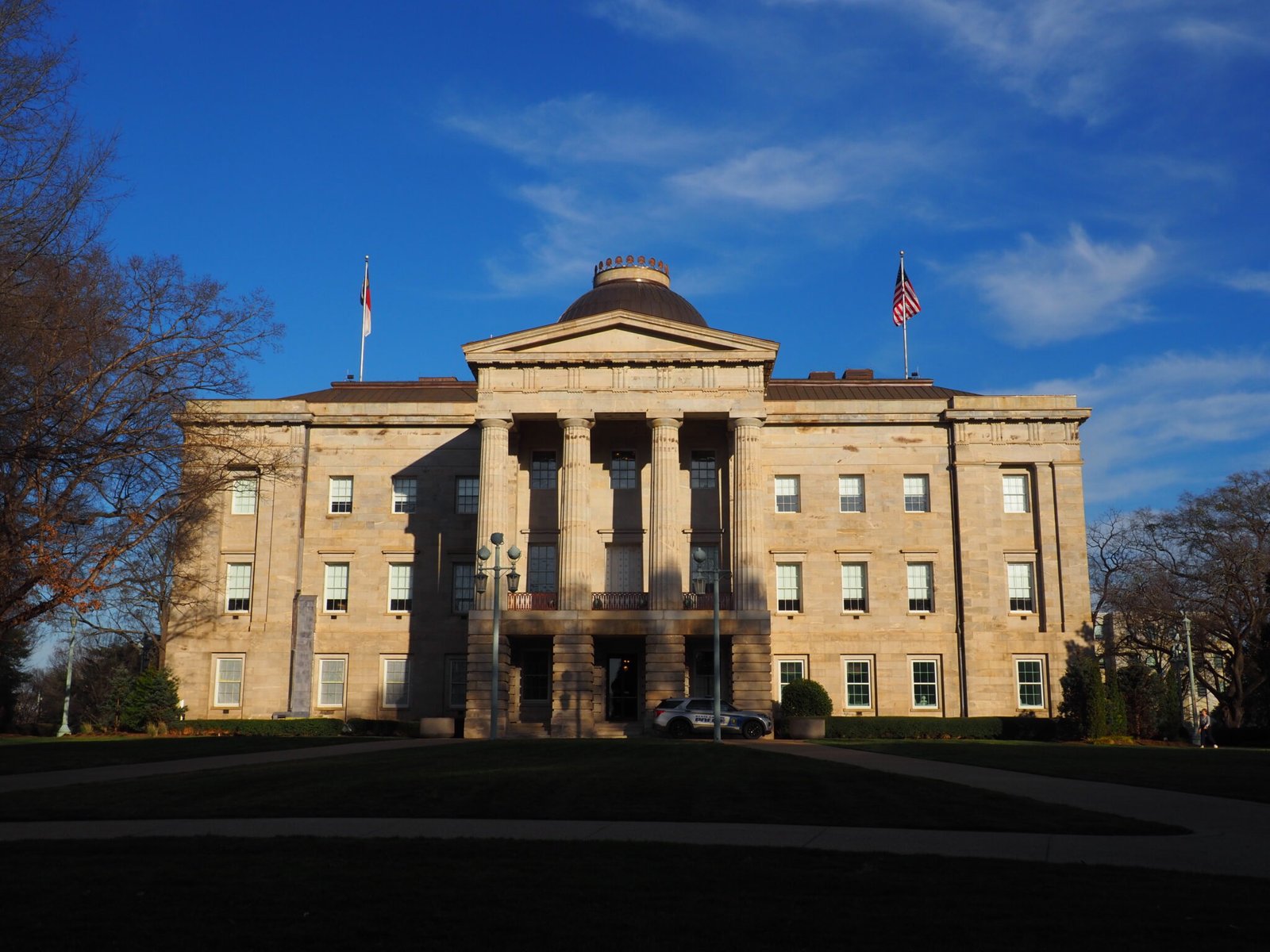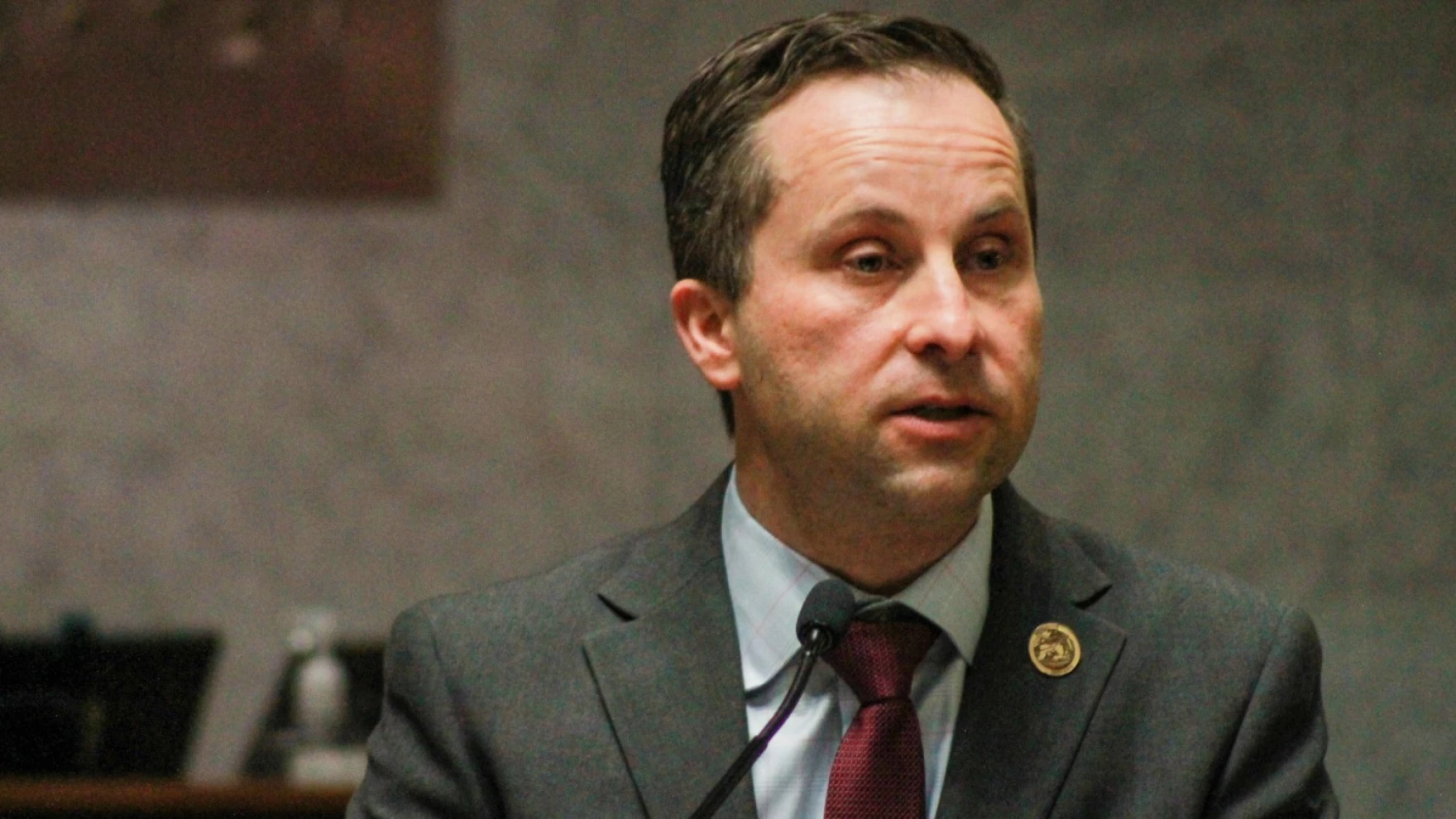Glass House Farms is one of California’s largest and most recognized cannabis producers. Based in Camarillo, about 50 miles northwest of Los Angeles, the company has built a reputation for large-scale, sun-grown cannabis cultivation. It operates under its parent company, Glass House Brands Inc., which is publicly traded on the NEO Exchange and OTC Markets under the symbols GLAS.A.U and GLASF. Known for its sustainable practices and expansive greenhouse operations, Glass House Farms has played a major role in shaping California’s legal marijuana industry.
Founded around 2015, Glass House Farms emphasizes eco-friendly cultivation methods that rely on natural sunlight. The company manages over 5.5 million square feet of greenhouse space, making it one of the largest cannabis farms in the United States. It produces a wide range of cannabis products, including flower, pre-rolls, and concentrates. These products are marketed under the Glass House Farms brand as well as other associated labels like Field, Forbidden Flowers, and Mama Sue. The company also owns retail dispensaries across California, including The Pottery and FARMACY, which offer both in-house and third-party products.
The leadership team includes co-founders Kyle Kazan and Graham Farrar. Kazan, a former law enforcement officer, serves as CEO, while Farrar acts as President and Chief Cannabis Officer. Both are strong advocates for cannabis reform and sustainable agriculture. Their combined efforts have helped position Glass House Farms as a major player in the industry, not only for its scale but also for its commitment to environmentally conscious practices.
Despite its success, the company is now facing intense public scrutiny following a recent immigration raid. In July 2025, federal authorities conducted operations at two Glass House cannabis farms in Ventura County. The raids resulted in the arrest of 319 undocumented workers and the discovery of 14 children who authorities said were at risk of forced labor or trafficking. The United Farm Workers union and civil rights organizations quickly criticized the operation, raising concerns about the treatment of vulnerable workers and children.
One of the most tragic outcomes of the raid was the death of Jaime Alanis Garcia, a farmworker who fell nearly 30 feet from a greenhouse roof during the chaos. Garcia suffered severe injuries, including a broken neck and skull, and was placed on life support. His family removed him from the breathing machine after his wife arrived from Mexico. The United Farm Workers union expressed deep sorrow over the incident, calling it a devastating loss and pledging to support Garcia’s family.
The Department of Homeland Security stated that Garcia was not in custody at the time of his fall and claimed he had climbed the roof on his own. However, the incident has sparked public outrage, with hundreds protesting in the aftermath. Some demonstrators reportedly threw rocks and bricks at government vehicles. Federal officers responded with tear gas and non-lethal weapons. The protests soon spread to Los Angeles, prompting President Donald Trump to deploy the National Guard. He later posted on social media, urging officers to use all necessary force against resistance.
Los Angeles Mayor Karen Bass responded to the unrest by signing a directive requiring all city departments to develop response plans for immigration enforcement encounters. These measures are intended to protect city workers and contractors from being wrongly detained or targeted. Civil rights groups such as the ACLU, along with state and local governments, have supported legal action to limit arbitrary immigration enforcement actions. A recent court ruling temporarily blocks officers from targeting individuals based solely on appearance, language, or occupation, a move celebrated by immigrant rights advocates.
The immigration raid and Garcia’s death have cast a shadow over Glass House Farms’ public image. Union leaders have alleged that even some U.S. citizens were mistakenly detained during the raid. Critics argue that the operation highlights ongoing issues in agricultural labor practices and the fragile legal protections for workers in the cannabis industry. As the company continues to grow, the spotlight remains on how it and the broader cannabis sector address worker safety, immigration policy, and social responsibility.







